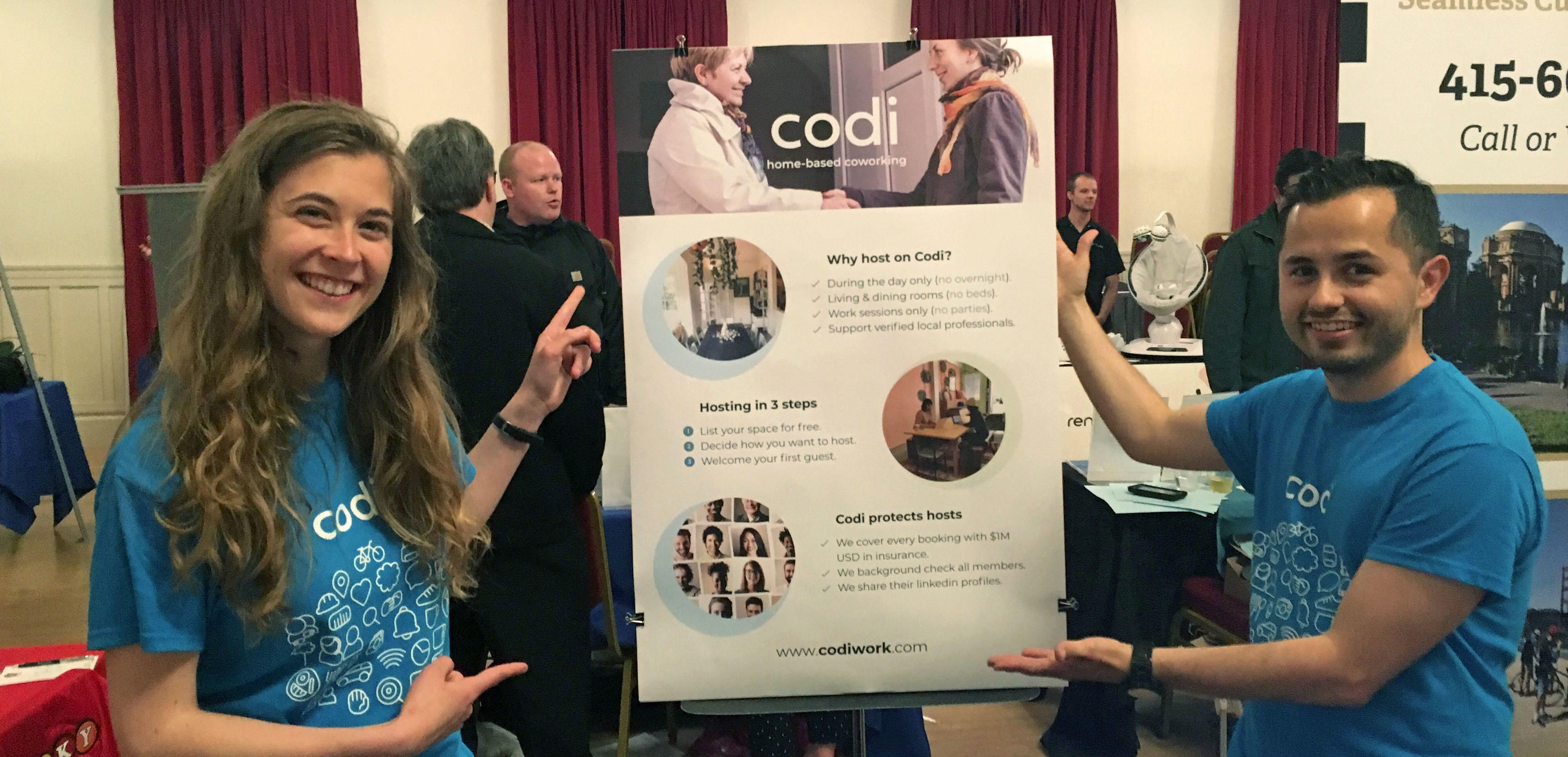In the US, 1 in 4 renters spend half their income on rent. City life has become increasingly unaffordable while residential spaces remain empty during the day. Meanwhile, technology is disrupting the traditional work structure leading to ever more freelancers and remote workers. The demand for flexible workspaces during the day is soaring, as expensive co-working spaces and crowded coffee shops mushroom in cities. Codi addresses the mismatch between unused residences and need for workspace. Based on a sharing-economy model, Codi allows anyone, anywhere, to run their own co-working space at home. Codi provides the first micro-rental platform of residential spaces for remote workers. Members can access reliable home offices with the amenities, the comfort and the social component they need to thrive, while creating an additional source of revenue for hosts. The Codi model promotes circular economic values and revitalizes local neighborhoods.
Mobilizing Health (UC Berkeley)
Mobilizing Health is committed to increasing access to emergency and preventative healthcare for rural populations in developing countries through the use of mobile technology for


